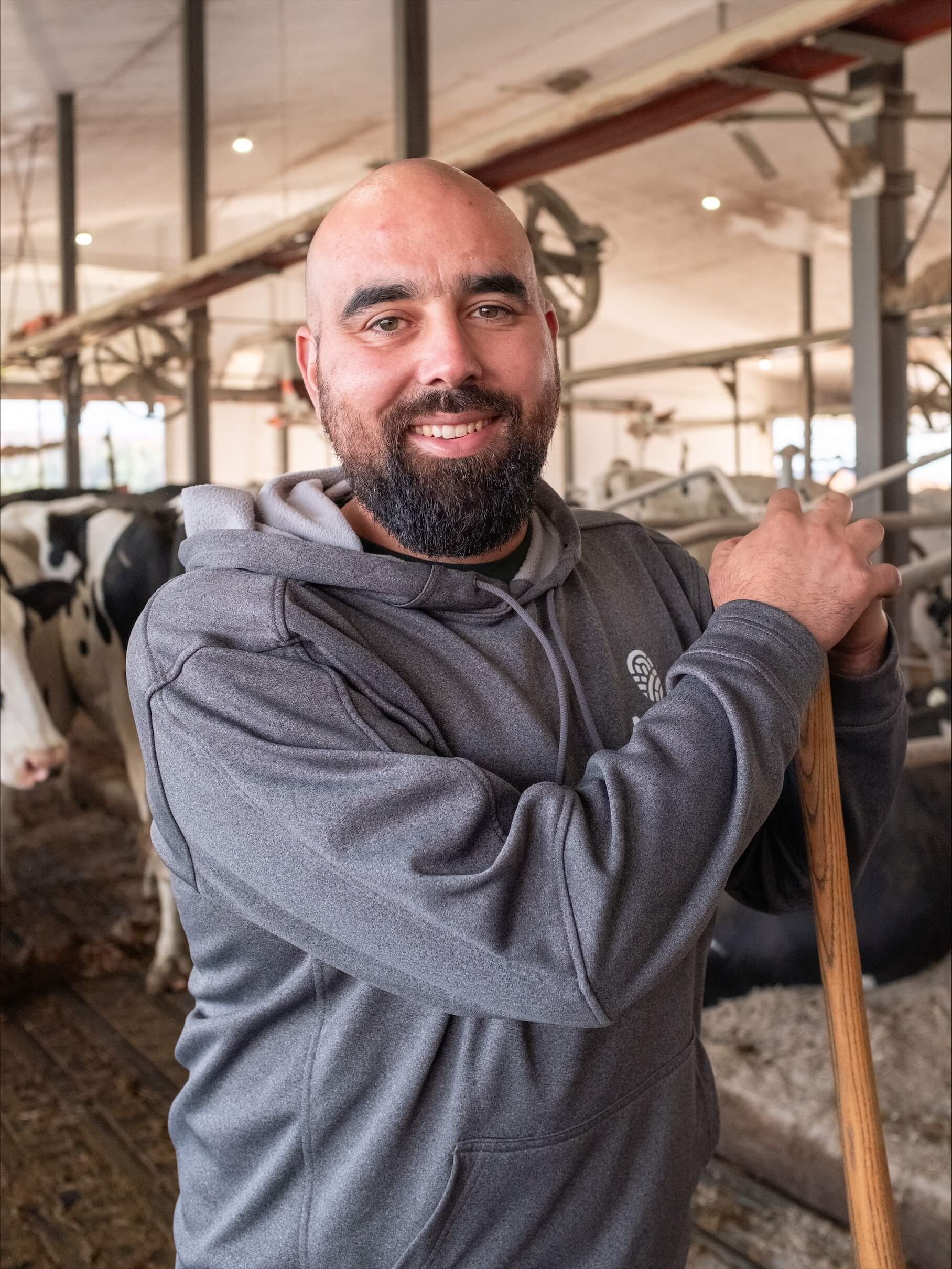The key role of Cooperatives in economic and social development

Global recognition
At its headquarters in New York, the United Nations General Assembly adopted a resolution proclaiming 2025 as the International Year of Cooperatives. Under the theme "Cooperatives Build a Better World," this initiative highlights the positive and sustainable impact of cooperatives worldwide. It emphasizes their crucial role in combating poverty, strengthening economies, and promoting inclusive growth.
Did you know? In 2022, Canada had 5,616 non-financial cooperatives,which employed 102,038 people. The number of cooperatives included 2,502 in Quebec, 1,079 in Ontario, 193 in Nova Scotia, and 114 in New Brunswick. In Canada, a significant portion of food products, such as dairy, poultry, and pork, is marketed by cooperatives. This system plays a crucial role in food security and ensures the economic viability of producers. Source: Government of Canada |
Unity is strength
Agropur’s history is a testament to the power and reach of cooperation. In 1938, facing the economic challenges of the post-Great Depression era, 87 producers joined forces and each invested $50 to found the Agricultural Cooperative Society of the Township of Granby. This initiative marked the beginning of what would later become Agropur. At that time, farm conditions were particularly difficult, characterized by high levels of debt and low agricultural prices. By coming together, these producers aimed to take control of their economic futures, better manage their supplies, and oversee the marketing of their products themselves.
Across the country, several producers also opted for the cooperative model at that time to address similar challenges. While some of these initiatives have been forgotten, others have left a lasting impact. For example, Scotsburn, founded in 1900 in Nova Scotia; Farmers, established in 1921 also in Nova Scotia; and Northumberland, created in 1942 in New Brunswick, all played crucial roles in their communities. About 10 years ago, members of these three cooperatives decided to merge with Agropur, thereby strengthening their ability to meet their members' needs and thrive in an ever-evolving market.
A business model based on solidarity values
Since the 1950s, the cooperative movement has experienced considerable expansion, exerting significant influence in various sectors including agriculture, finance, insurance, fishing, retail, and construction. Dairy and grain cooperatives particularly dominate, while retail cooperatives play a crucial role in the Prairies and Atlantic provinces.
However, this growth and influence have not been without challenges for many cooperatives. They have had to overcome various obstacles including economic crises, recessions, and even a pandemic.
Despite these numerous obstacles, Agropur has demonstrated remarkable determination and adaptability. Its journey illustrates the relevance of the cooperative model, which allows us to pool our strengths to overcome challenges and prosper together. This solidarity is at the heart of our success and resilience.
Today, Agropur membership guarantees a place to process milk, adding value to our members, their families, and our communities. It is these values of mutual aid and collaboration that ensure our sustainability and the well-being of our communities.
Source: The Canadian Encyclopedia
For more information on the International Year of Cooperatives, visit the UN website dedicated to this initiative.
NEXT NEWS
The inspiring journey of Félix Couture, the new Next-Generation Director of Agropur
The recent election of Félix Couture as Agropur's Next-Generation Director provides an excellent opportunity to learn about his background and briefly introduce the integration program for individuals newly elected to this position.


